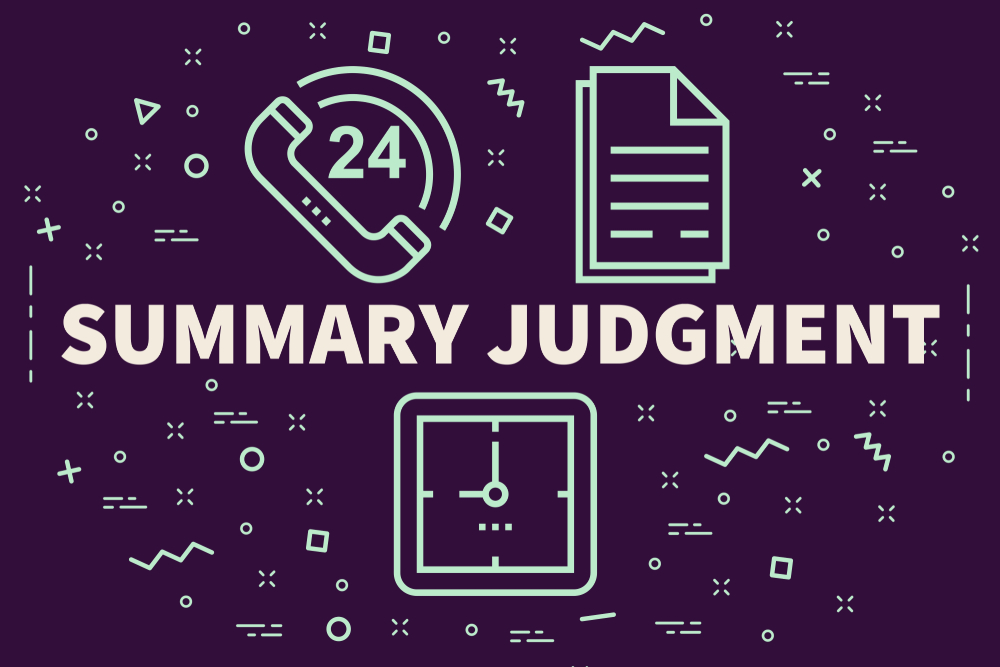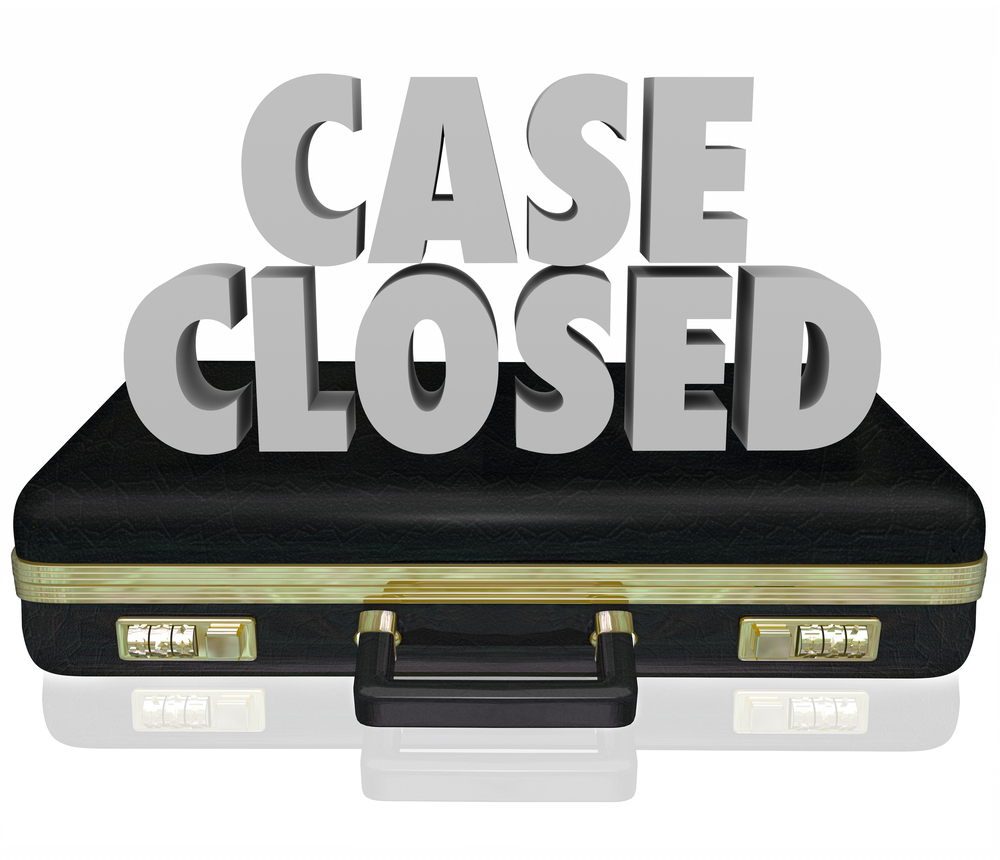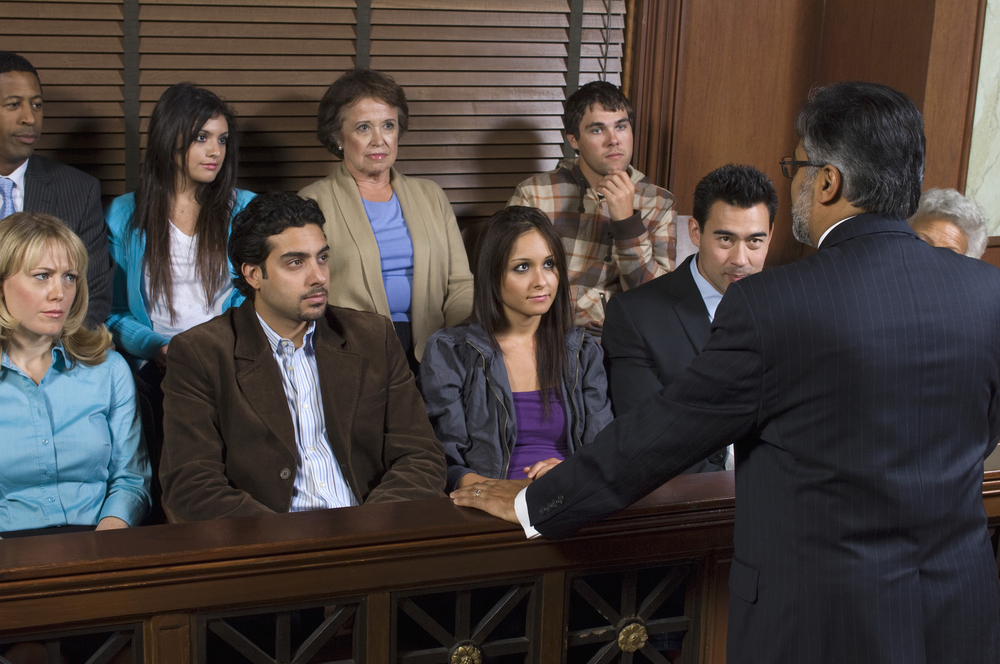Refuting Affirmative Defenses in Motion for Summary Judgment
When a plaintiff moves for summary judgment, the plaintiff has the burden to negate affirmative defenses. Failing to address applicable affirmative defenses provides no value because the plaintiff has not done anything to refute the defense or establish its legal insufficiency. Summary judgment should not be granted if a plaintiff fails to address applicable affirmative defenses. “‘Where the movant merely denies the affirmative defenses and the affidavit in support of summary judgment only supports the allegations of the complaint and does not address the affirmative defenses, the burden of disproving the affirmative defenses has not been met.’” Hurchalla v. Homeowners...
Continue reading








